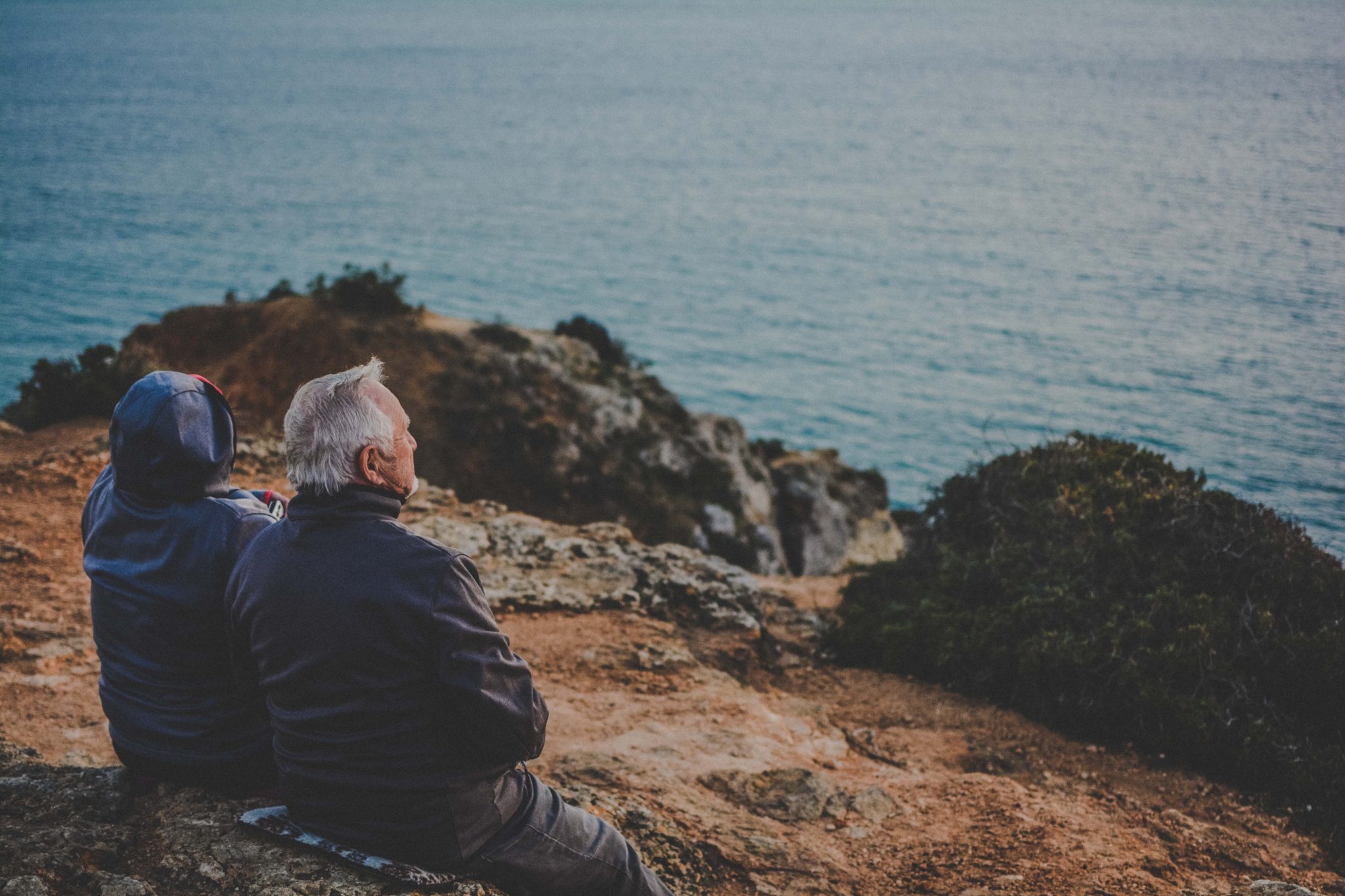Poll finds 1 in 3 adults age 50-80 feel socially isolated
Chronic loneliness has adverse health effects such as memory loss, loss of physical exercise and general health.

The National Poll on Healthy Aging released new findings in a report of trends in loneliness and isolation among older adults 50-80 years old, between 2018-2023.
The study was conducted between 2018-2023. According to its findings, 34% of participants felt isolated from others, a significant decrease from the 56% in 2020, but still higher than pre-COVID levels.
Dr. Preeti Malani, professor of medicine at the University of Michigan and a member of the National Poll on Healthy Aging, says many older adults are less lonely than during the COVID pandemic, but those with mental and physical challenges are facing higher rates of loneliness.
“Loneliness and isolation is not the same for everyone, and these feelings are more common in people who report in either ‘fair or poor mental health’ or ‘fair or poor physical health,’” Malani says.
The poll reveals the number of older adults feeling lonely or socially isolated peaked during the early days of the pandemic, but the numbers are going down in 2023 as people are figuring out how to get back to pre-pandemic levels.

Older adults with disabilities, women and people who were unemployed had higher levels of social isolation and feeling lonely.
Malani explains chronic loneliness has adverse health effects such as memory loss, loss of physical exercise, and general health. Those who are isolated are less likely to eat properly or get out of their homes.
“We hope that clinicians and other people are asking older adults about loneliness and isolation,” she says. “There are resources to help connection and help increase connection for older adults. And sometimes it’s a matter of making family members aware that please check in on your friends and family to reconnect with people you’ve lost track of.”
Malani believes everyone should be thinking about the social isolation and loneliness of older adults as a public health concern.
“Maybe it’s not our own family, maybe it’s a neighbor, maybe it’s someone who lives nearby, or even a co-worker…just check in with them and for families that live far away,” says the professor.
Malani suggest people create local programming or spaces for older adults to engage with mobility access, and including resources for people whose first language might not be English.
“The last few years, a lot of people have been spending so much time by themselves and in their homes that they’ve gotten used to it,” says Malani. “But that isn’t really the way humans have evolved to be. We really need to be connected to other people.”
Trusted, accurate, up-to-date.
WDET strives to make our journalism accessible to everyone. As a public media institution, we maintain our journalistic integrity through independent support from readers like you. If you value WDET as your source of news, music and conversation, please make a gift today.

